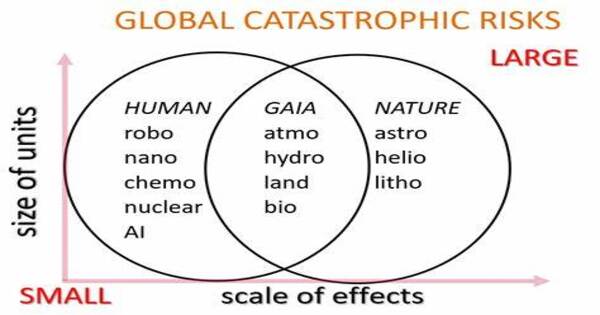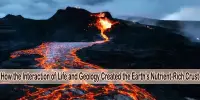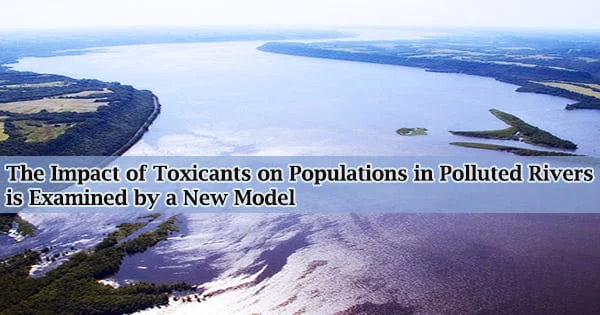Global catastrophic risk refers to occurrences or scenarios that have the potential to severely destroy human civilization on a worldwide scale. These dangers have the potential to cause widespread misery, death, and significant disruption in society and ecosystems. They frequently cross national borders and have the potential to influence the entire world or a substantial section of it. Natural occurrences such as asteroid strikes, supervolcanic eruptions, and pandemics, as well as man-made dangers such as nuclear war, climate change, or advanced artificial intelligence gone rogue, can all pose global catastrophic hazards.
A global catastrophic risk, sometimes known as a doomsday scenario, is a hypothetical catastrophe that could have a global impact on human well-being, potentially jeopardizing or destroying contemporary civilization. An “existential risk” is an occurrence that has the potential to annihilate humanity or significantly reduce humanity’s existence or potential.
Understanding and managing global catastrophic risks is a critical research and policy priority for scientists, governments, and organizations around the world. Efforts to handle these hazards frequently entail multidisciplinary approaches, risk assessment, long-term planning, and global collaboration. By identifying and tackling potential global catastrophic risks, humanity may contribute to a more robust and secure future for all.
Over the last two decades, a number of academic and non-profit groups have emerged to investigate global catastrophic and existential risks, develop feasible mitigation strategies, and either advocate for or implement these strategies.
Understanding and minimizing global catastrophic risks is critical to humanity’s future survival. To overcome these concerns, interdisciplinary research, policymaking, and international collaboration are all required. Early identification and monitoring, creating resilience and adaptation measures, improving international collaboration and governance frameworks, investing in scientific research and technology innovation, and raising public knowledge and involvement are all important GCR management initiatives.
Several organizations and initiatives investigate and address global catastrophic risks, including the Global Challenges Foundation, the Future of Humanity Institute, the Center for the investigate of Existential Risk, and the Effective Altruism movement. These organizations seek to raise awareness, conduct research, and create practical solutions to lessen the likelihood and severity of catastrophic occurrences on a worldwide scale.
















